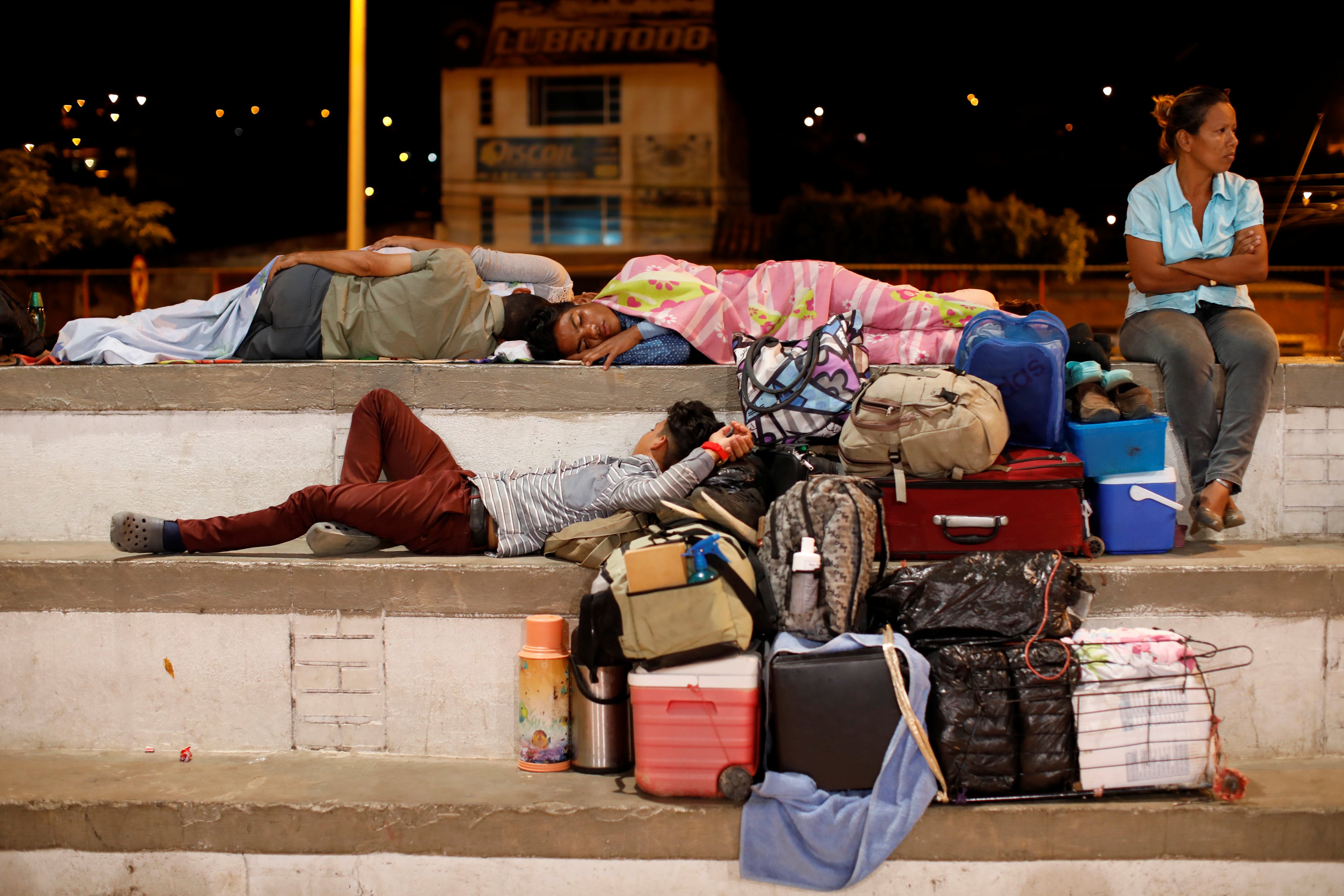They will evict 200 Venezuelans from the Terminal of Cúcuta
From this Monday an operation will be developed to evict around 200 Venezuelans from the Transportation Terminal of Cúcuta, in Colombia, El Tiempo reported.
The corridors and stairs of the dilapidated building have become the makeshift shelter of a large number of migrants.
The previous week a similar operation was carried out, which allowed the eviction of 615 Venezuelans settled in a sports center in Cúcuta.

In the terrestrial port, located in the Carora neighborhood, the Venezuelans arrived with the illusion of continuing their journey to other countries in South America. However, not having the financial means to afford the displacement, most of these foreigners have been in need of delaying their pilgrimage and spend up to two weeks out in the open: while collecting enough money to leave.
"In support of the National Police and the Citizen Security Secretariat of Cúcuta, we will intervene the facilities and the surroundings of the Terminal. We have perceived that in the night there are many Venezuelans who sleep here and that worries us. For that reason, from the next week, we will harden the inspections and those who do not have the documentation to travel will be deported ", announced Brayan Torres, manager of this entity.
This new operation will be developed under the same lines of action that were met in the recovery of the sports center of the Seville neighborhood, popularly known as the 'Hotel Caracas' for hosting an improvised 615 Venezuelans.
The procedure is expected to involve national entities such as the Colombian Family Welfare Institute (Icbf), the Risk Management Unit and the Chancellery.
Among the actions considered to evacuate this volume of migrants is also studying the possibility of applying some discounts on the price of tickets, mainly to the south of the country, to facilitate the transfer of these travelers to their destinations.
Through these tasks, the directives of this transport center seek to attack some criminal behaviors, such as personal aggressions or simple thefts, which in recent months has been affecting the transport service for some 500,000 passengers per month.